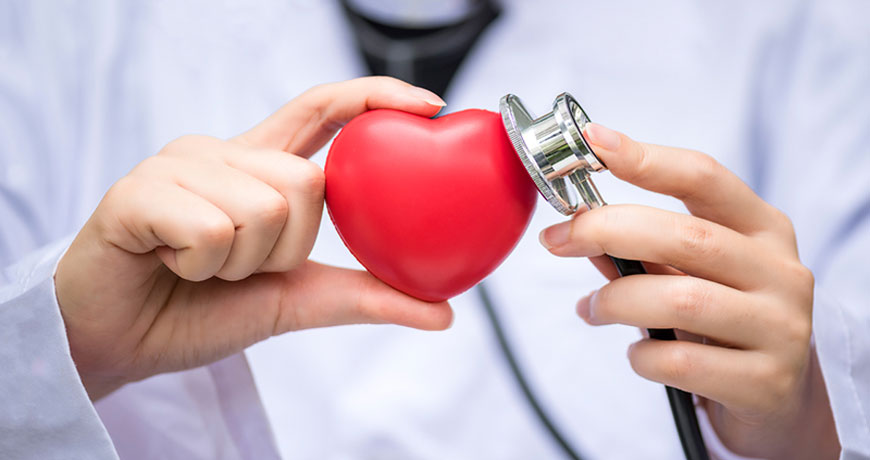
Cardiology
Dwivedi Multispeciality Hospital is one of the best institution for the treatment of Cardiology. Cardiology is a medical specialty and a branch of internal medicine concerned with disorders of the heart.
It deals with the diagnosis and treatment of such conditions as congenital heart defects, coronary artery disease, electrophysiology, heart failure and valvular heart disease. Cardiology is a branch of internal medicine. A cardiologist is not the same as a cardiac surgeon. A cardiac surgeon opens the chest and performs heart surgery.
A cardiologist specializes in diagnosing and treating diseases of the cardiovascular system. The cardiologist will carry out tests, and they may perform some procedures, such as heart catheterizations, angioplasty, or inserting a pacemaker.
Heart disease relates specifically to the heart, while cardiovascular disease affects the heart, the blood vessels, or both.If a person has symptoms of a heart condition, their physician may refer them to a cardiologist.
Symptoms that can indicate a heart problem
- Shortness of breath
- Dizziness
- Chest pains
- Changes in heart rate or rhythm
- High blood pressure
A cardiologist can carry out tests for a heart murmur or an abnormal heart rhythm. They often treat patients who have had a heart attack, heart failure, or other heart problems. They help make decisions about heart surgery, heart catheterization, and angioplasty and stenting.
Heart diseases that a cardiologist can help
- Atherosclerosis
- Atrial fibrillation
- Arrhythmias
- Congenital heart disease
- Coronary heart disease
- Congestive heart disease
- High blood cholesterol and triglycerides
- Low blood pressure, or Hypotension
- Pericarditis
- Ventricular tachycardia
- High blood pressure, or hypertension
Cardiology Tests
Our Orthopedic surgeons perform many types of surgeries. Common procedures include:
- Electrocardiogram (ECG or EKG) : this records the electrical activity of the heart.
- Ambulatory ECG : this records heart rhythms while the person carries out exercise or their regular activities. Small metal electrodes are stuck on to the chest, and these are connected by wires to a Holter monitor, which records the rhythms.
- An exercise test, or stress test : this shows the changes of heart rhythm when resting and exercising. It measures the performance and limitations of the heart.
- Echocardiogram : this provides an ultrasound picture that shows the structure of the heart chambers and surrounding areas, and it can show how well the heart is working. Echocardiography can measure how well the heart is pumping blood, known as cardiac output. It can detect inflammation around the heart, known as pericarditis. It can also identify structural abnormalities or infections of the heart valves.
- Cardiac catheterization : a small tube in or near the heart collects data and may help relieve a blockage. It can take pictures and check the functioning of the heart and the electrical system. Catheter-based techniques with fluoroscopy can be used to treat congenital cardiac, valvular, and coronary artery diseases.
- Nuclear cardiology : nuclear imaging techniques use radioactive materials to study cardiovascular disorders and diseases in a noninvasive way.